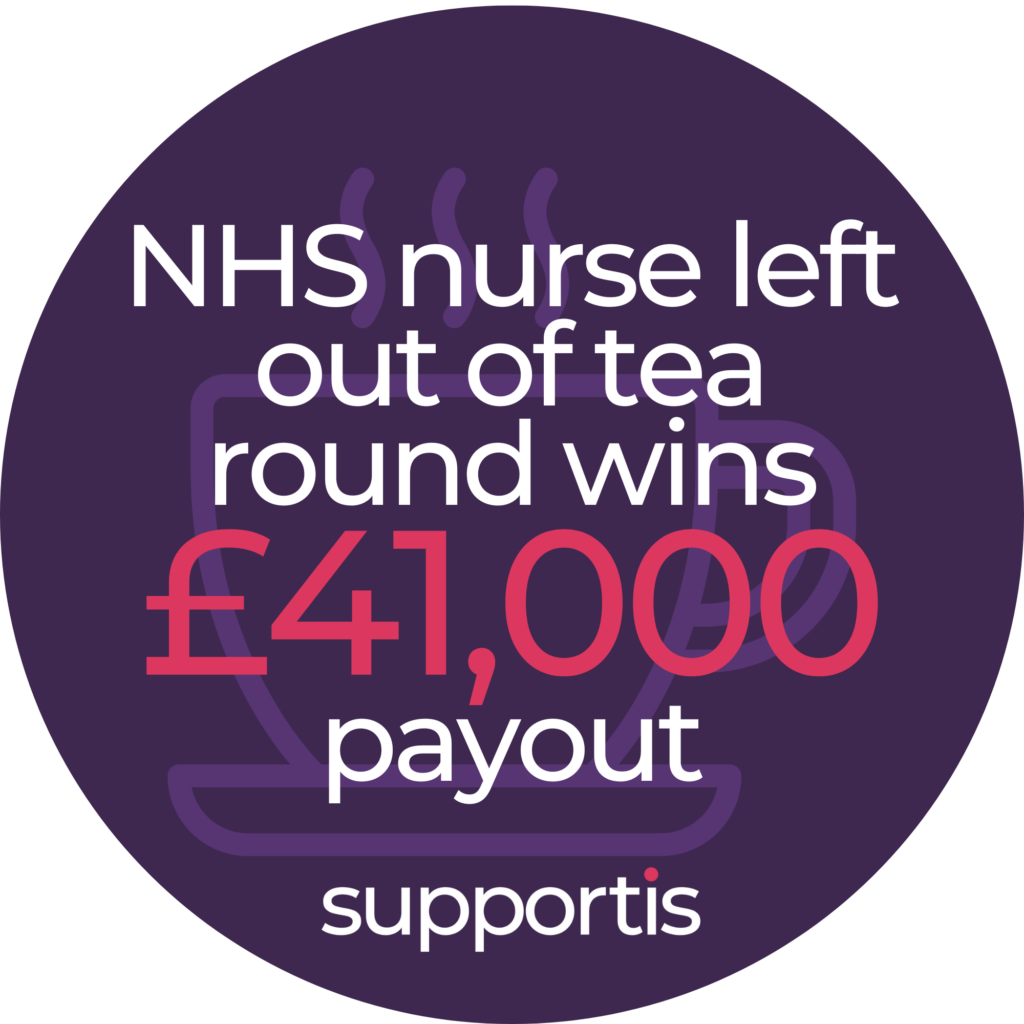With Christmas festivities in full swing, the annual office party booked and an abundance of mince pies to eat at home, it may be time to consider how employers could avoid unwanted disaster with tribunals this Christmas!
On top of organising the festivities for all the office to enjoy, employers must ensure that workplace polices are consistent, even outside of the office environment. Under health and safety laws, employers must take responsibility for employees’ actions.
Employees may think that the office party is the prime time to let their hair down and enjoy free drinks and food, however, confessing their undying love for Sally from Sales or picking a fight with Dave from Accounts might not be the most appropriate behaviour and will reflect badly on the company.
Follow these tips to avoid disaster and to have a very merry office party this winter!
Rewarding your employees
The annual Christmas party is a great opportunity for employers to show their appreciation for all their employees’ hard work throughout the year. Whilst it can be an expensive event with businesses spending over £955million (£40-70 being spent per person), some companies do not know if it’s worth splashing the cash as their employees may not truly appreciate the celebration. In a recent survey by Perkbox almost a third of employees admitted that they did not like the yearly party and that 23% would have preferred their employer organising a Christmas team meal instead.
However, research argues that companies that rewarded their employees over the festive period, found that almost 50% saw an improvement in employee motivation and productivity levels on returning to work in the New Year. Other surveys found that 1/3 of employees believed that a Christmas party is the least their employer can do to show gratitude for their efforts and the same amount of employees would feel as though they are less valued if the company does not offer one. So, not only is the Christmas party appreciated, but it is also important for morale, engagement and retention.
Understandably, employers worry that the Christmas party could be a tricky HR situation as they are vicariously liable for co-workers and employee behaviours. Therefore, if an employer chooses to undertake the yearly celebration, they must remember to invite all employees to avoid discrimination – even if employees are off on annual leave, maternity leave or long term illness. An employer may also want to reaffirm the conduct they expect at work events as well as informing their employees of unacceptable behaviour that won’t be tolerated.
Unacceptable behaviour and how best to prevent it
Employers must consider where the celebration will take place, the day, the time & what will be available to employees. Stating a timeframe will make clear how long the event will be. It’s also worth considering that if the event was held during the day there could be less risk for inappropriate behaviour compared to if it were taking place at night into the early morning. Most unacceptable behaviour springs from having one too many to drink, therefore, giving out limited free drink tokens as well as offering an abundance of free food and soft drinks can help to combat excessive drunkenness.
Examples of gross misconduct offences which will lead to disciplinary procedures
- Excessive drunkenness
- Illegal drug abuse
- Harassment & violence
- Serious verbal abuse
- Assault
Communication and Risk Assessments
Transparency is key when organising events for employees. Communication with senior managers about assessing the risk that a Christmas party may bring is crucial in order to proactively plan for any mishaps at the event and ensure employers know what procedures are in place in case of an emergency.
The relevant policies and procedures that should be in place will cover conduct at work related events including:
- Equal opportunity
- Disciplinary policies
- Anti-bullying, Harassment & Discrimination
- Disability policies
- Health & Safety
However, with policies in place and employees understanding their obligations at the Christmas party it is not uncommon for employers to be found accountable for their behaviours.
Tribunal Case examples
The Bellman vs Northampton Recruitment Ltd
This high-profile case was consistently in the news last Christmas and involved Mr Bellman (a sales manager) punching another colleague (Mr Major) after the work Christmas party. Mr Major thus retaliated punching Mr Bellman twice, which made him fall to the ground leading him to suffer traumatic brain damage and permanent impairment.
In the court hearing it found Northampton Recruitment vicariously liable for the employee’s actions against Mr Bellman. Mr Bellman is requesting a pay out of over £1million in damages for the harm caused to him. Therefore, even if an employee has taken the Christmas party festivities elsewhere, they are still responsible for the employee’s actions as it is considered an extension of the workplace.
Bar manager Ms. Phillips suffered facial paralysis after one of her colleagues strangled her in a headlock. The tribunal found that she was unfairly dismissed after the employer failed to investigate or take her accusations seriously. Even with her colleague’s arrest for the incident, which was caught on CCTV, the employer shockingly still allowed him to work for the club and he did not face any disciplinary action. Consequently Ms. Phillips was forced to resign by her employer as they did not want to investigate the assault any further. Unfortunately, due to the negligence and bad management by the employer, Ms. Phillips suffered from PTSD and other health conditions and was rewarded £6,659 compensation.
And if the worst happens?
It almost goes without saying that the best way to minimise the risk of tribunals and vicariously liable situations is by reaffirming company policies and expectations prior to the annual party.
However should there be any issues following your company’s festivities, our dedicated and skilled team offer unlimited support and advice on how to manage employees who may be taking action against you.
For more information about the legal obligations associated with work events, for help in creating plans or for further advice on HR strategies, just book a free consultation or contact one of our Employment Law advisors on 0161 603 2156.




